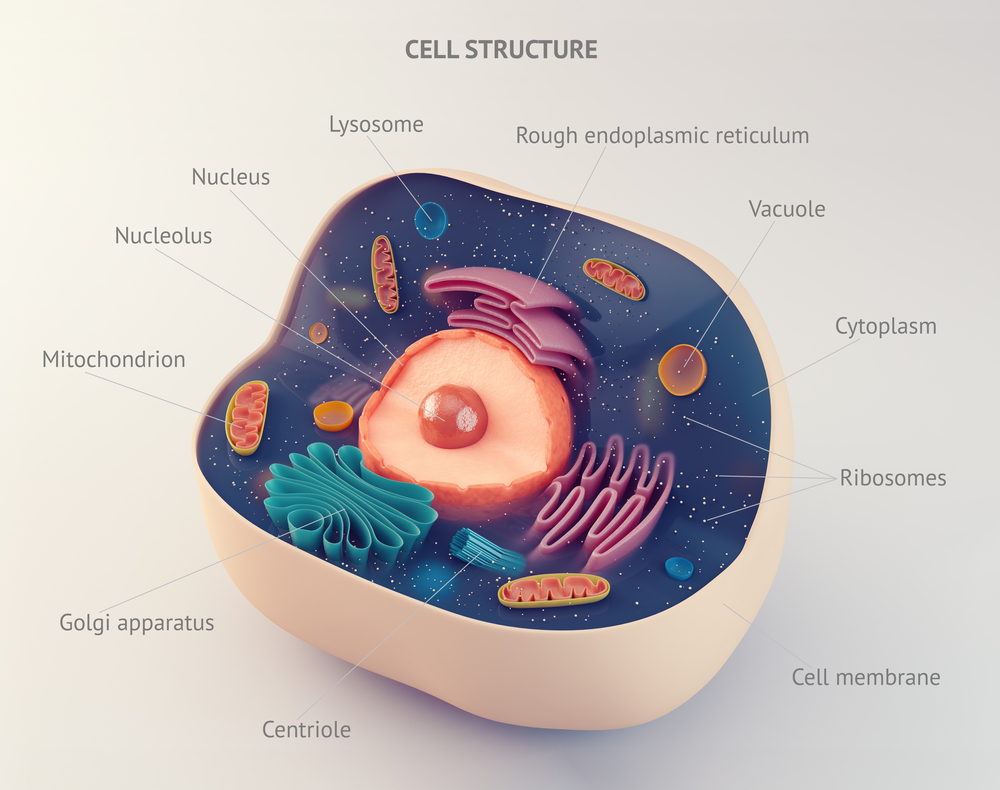Increased Rab32 Protein Levels May Be Involved in MS Progression, Canadian Study Finds
Written by |

High levels of a protein called Rab32 may contribute to the progression of multiple sclerosis (MS), leading to neuronal loss, a new study concludes.
The study, “Rab32 connects ER stress to mitochondrial defects in multiple sclerosis,” appeared in the Journal of Neuroinflammation.
The endoplasmic reticulum (ER) is involved in the production of new proteins; it also stores calcium. ER stress is a hallmark of MS and several other neurodegenerative diseases. Previous studies have shown that the mitochondria, the cell’s powerhouse, becomes faulty in MS as well — but why this happens still eludes scientists.
This new study by researchers at Canada’s University of Alberta suggests that the ER may play a role in triggering mitochondria impairment, leading to MS. Both compartments are functionally linked by a structure called the mitochondria-associated membrane (MAM). That led researchers to wonder whether Rab32 — a known regulator of the MAM, mitochondrial activity and cell death — could potentially be associated with ER stress and mitochondrial impairment.
“Scientists have been pointing to the mitochondria, the powerhouse of the cell, as a possible link to MS, but have not been able to decipher how they malfunction,” Thomas Simmen, the study’s senior author, said in a news release. “Ours is the first study that combines clinical and lab experiments to explain how mitochondria become defective in MS patients.”
Using brain tissue samples from MS patients and healthy individuals, the team quantified levels of Rab32 and monitored neuronal death after promoting Rab32 expression.
Results indicated that higher Rab32 levels and other MAM proteins are linked to increased ER stress proteins and inflammation in the MS brain. Indeed, high levels of Rab32 shortened neuronal growth, changed mitochondria morphology and prompted neuronal death. In contrast, virtually no Rab32 was present in brain tissue from healthy individuals.
“A part of the cell that stores calcium (ER or endoplasmic reticulum) gets too close to the part of the cell that creates energy when massive amounts of Rab32 are present in the brain of MS patients,” Simmen said. “The resulting miscommunication with the calcium supply triggers the mitochondria to misbehave, ultimately causing toxicity for brain cells in MS patients.”
Together, these results support the idea that ER stress is strongly associated with Rab32 increase in the progression of MS, leading to mitochondrial impairment and neuronal death. These findings may prove useful in designing novel strategies to prevent neuronal loss in MS.
Further studies are necessary to understand more about the proteins that mediate the link between the ER and the mitochondria.
“Rab32 is just one of the proteins that is having the effect of drawing the ER and mitochondria too close,” Simmen said. “There are dozens of other possibilities.”


